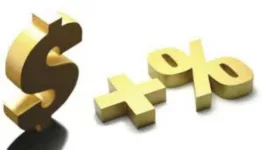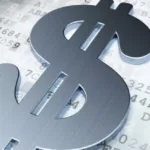When thinking of gambling I imagine anything from men rolling dice in a dark alley to the high society placing their bets in a Monegasque casino. I hear Abba’s “Money, Money, Money”, and I think of luck.
gam·ble
ˈɡambəl/
verb
gerund or present participle: gambling
play games of chance for money; bet.
take risky action in the hope of a desired result.
Per definition gambling is a game of risk and luck, even the German word for gambling “Glückspiel” means a game of luck. If that is the case how do professional gamblers make a living and how come casinos are such a lucrative business?
The truth is, it is all about numbers and statistics. It wasn’t until 1650s that the French Chevalier de Mere noticed that he had better chances in some games than others, that prompted him to present the problem to two of the best mathematicians of his time Blaise Pascal and Pierre de Fermat. They confirmed his suspicion, and for the first time someone calculated the odds.
Nowadays there is a lot of science behind betting and gambling, nothing is left to chance and luck. As I was doing a little research, I came upon a site, rightcasino, that has a learning section that gives a little insight in how things work. Readers who prefer French can visit the French version of the site.
There are lots of odds and numbers to consider but casino odds can be summarized in two basic odss
Pay-out percentage
The ‘pay-out percentage’ is the percentage of the betted money that is “returned” to players. That means if a casino has, for example, a pay-out percentage of 97.3 % on it’s roulette table, then on the long run the casino will earn $270 on every $10.000 played on the table.
The House edge
The House edge is practically the pay-out percentage from the casino’s point of view.
In the above example it would be 2.7%. For roulette it is easy to calculate and there are no variables, making it quite certain that a roulette table would bring 2.7% of all the money played on it as profit to the casino. It makes no difference if it is a thousand or a million dollars.
Roulette is a fixed-odds game meaning there is nothing you can do to change these odds but there are games like crap where the betting range can affect the house edge, sometimes reducing it to zero.
Expected Value
Professional players can calculate the amount of money they can expect to win or lose in the long run, the expected value (EV). For European roulette (single zero) and betting on a single number, you can calculate it as below
EV = (1 * (18 / 37)) + ((−1) * (19 / 37)) = – 0.027
Which translates into the player losing 2.7% (house edge). The EV is always a value between -1 and 1, meaning you can either win everything (-1) or lose everything (+1). The more odds there are to calculate the more complicated the formula gets.
These calculations are relevant for professional gamblers because they play over a longer period. At the end of the day the casual player does have to depend on luck to be more on the pay-out side than the house edge side.
If you want to have a little control over the matter, casinos usually publish their pay-out percentages, if the numbers are not audited from independent sources then I would be a little cautious about how trustworthy the casino or site is.








